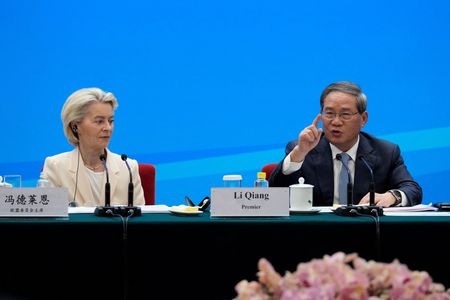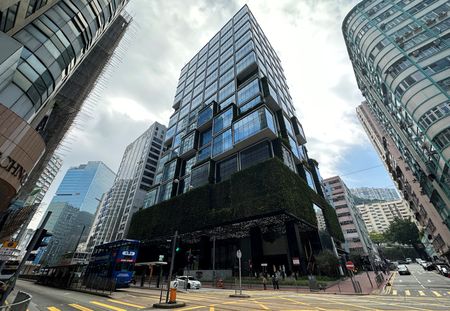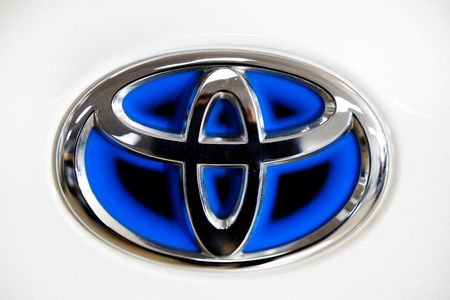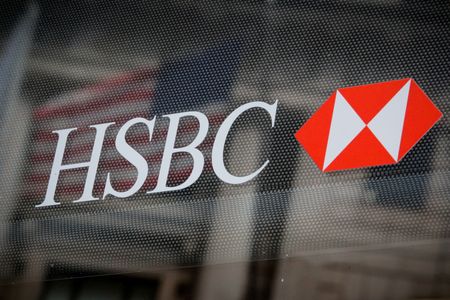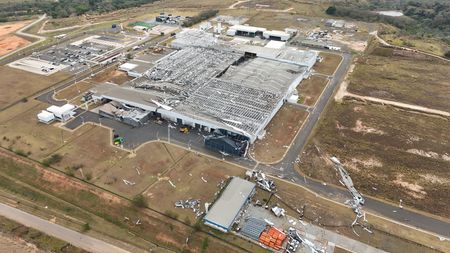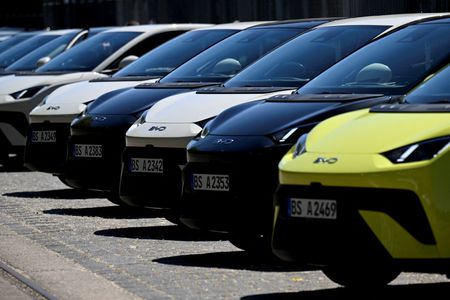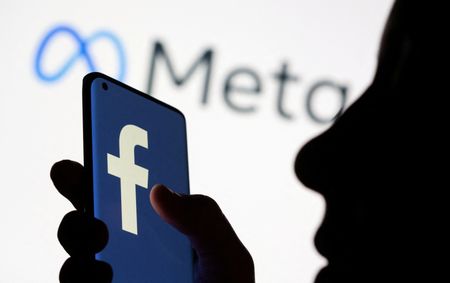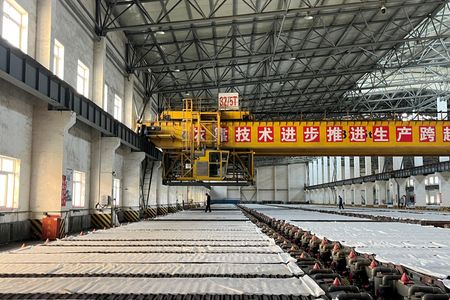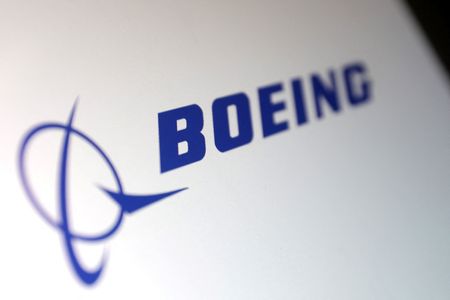(Reuters) -China’s Premier Li Qiang and European Union chief Ursula von der Leyen stressed cooperation during their meeting in New York, as the world’s No.2 and No.3 economies looked to defuse trade tensions while squeezed by U.S. President Donald Trump’s tariffs.
Von der Leyen, in a statement on her X account after the meeting on Wednesday, said she had discussed trade matters with China’s No.2 leader on the sidelines of the United Nations General Assembly, and that she appreciated “China’s willingness to engage with us in a spirit of mutual understanding.”
“Europe’s concerns regarding export controls, market access, and overcapacity are well-known,” she said.
China and the EU have spent the past two years on the brink of a trade war, which most analysts trace back to the European Commission’s 2023 decision to open an anti-subsidy investigation into Chinese-made electric vehicles, setting off probes into EU brandy, dairy, pork and other goods.
But with Trump’s trade policy squeezing both Chinese and European exports, Beijing and Brussels have had reason to seek a rapprochement.
Li Qiang said he hoped China and the EU could “uphold the original aspirations of establishing diplomatic relations,” a statement from China’s foreign ministry said on Thursday, adding that “he also expressed hope that the EU will fulfill its commitment to maintaining open trade and investment markets.”
“As two important poles in the world, China and the EU should demonstrate responsibility and maintain strategic independence,” the statement added.
Chinese trade officials have struggled to negotiate with Washington and Brussels simultaneously, with foreign industry groups complaining of lengthy delays while bureaucrats work long hours on contentious issues such as rare earth export permits.
Meanwhile, the European Commission, which sets trade policy for the 27-strong bloc, has struggled to form a consensus among the member states after 10 countries backed tariffs on Chinese EVs last October, 12 abstained and five opposed, including Germany, Europe’s biggest economy.
China has also become more central to Europe’s strategic calculus on the war in Ukraine, diplomats say, with many viewing Xi Jinping’s leverage over Vladimir Putin and Beijing’s role as Russia’s economic lifeline as a more plausible path to peace than Trump’s unpredictable foreign policy.
Von der Leyen said she had asked “China to use its influence to bring an end to the killing and encourage Russia to go to the negotiating table.”
The Chinese foreign ministry’s statement made no mention of the conflict on Europe’s border.
“Time for diplomacy is now. It would send a strong signal to the world,” Von der Leyen concluded.
(Reporting by Joe Cash; Editing by Lincoln Feast.)

